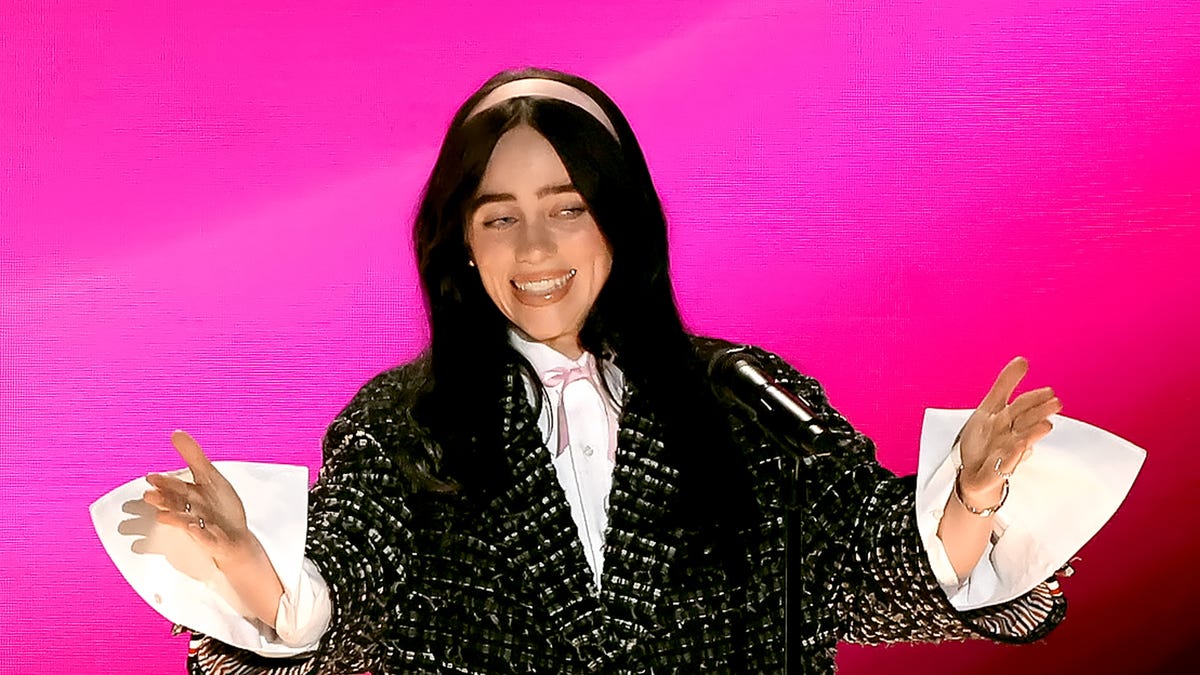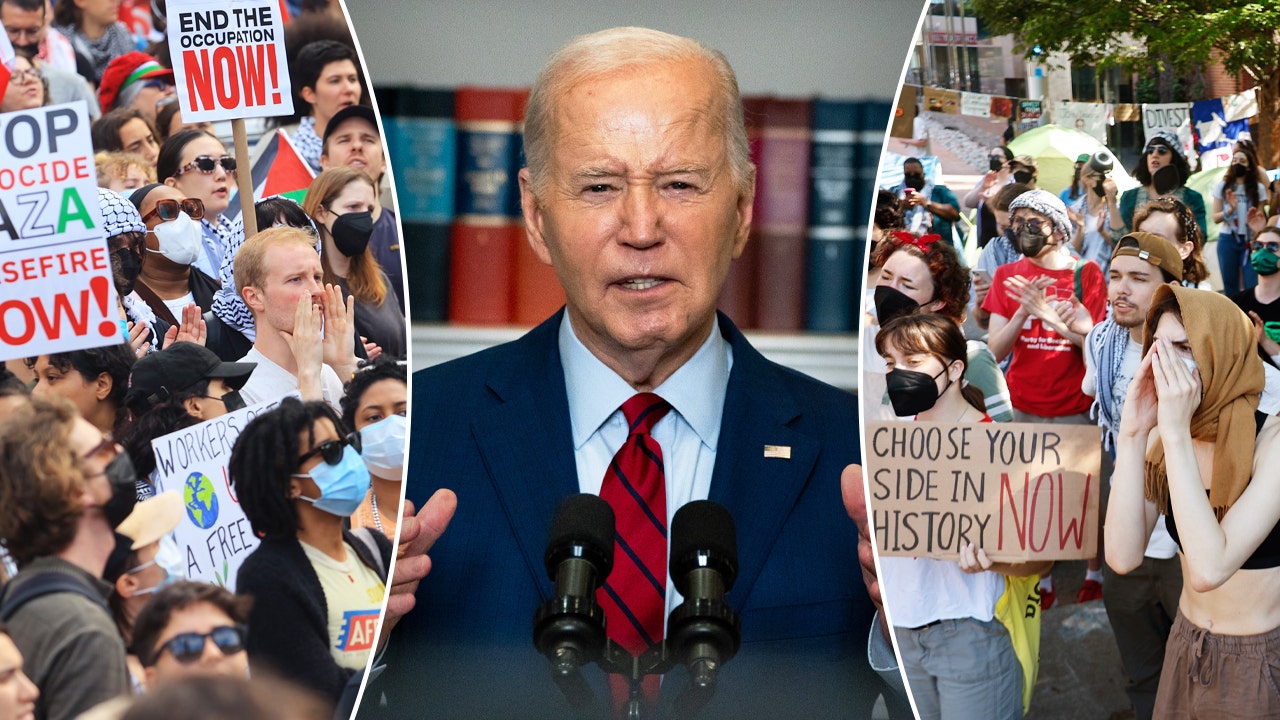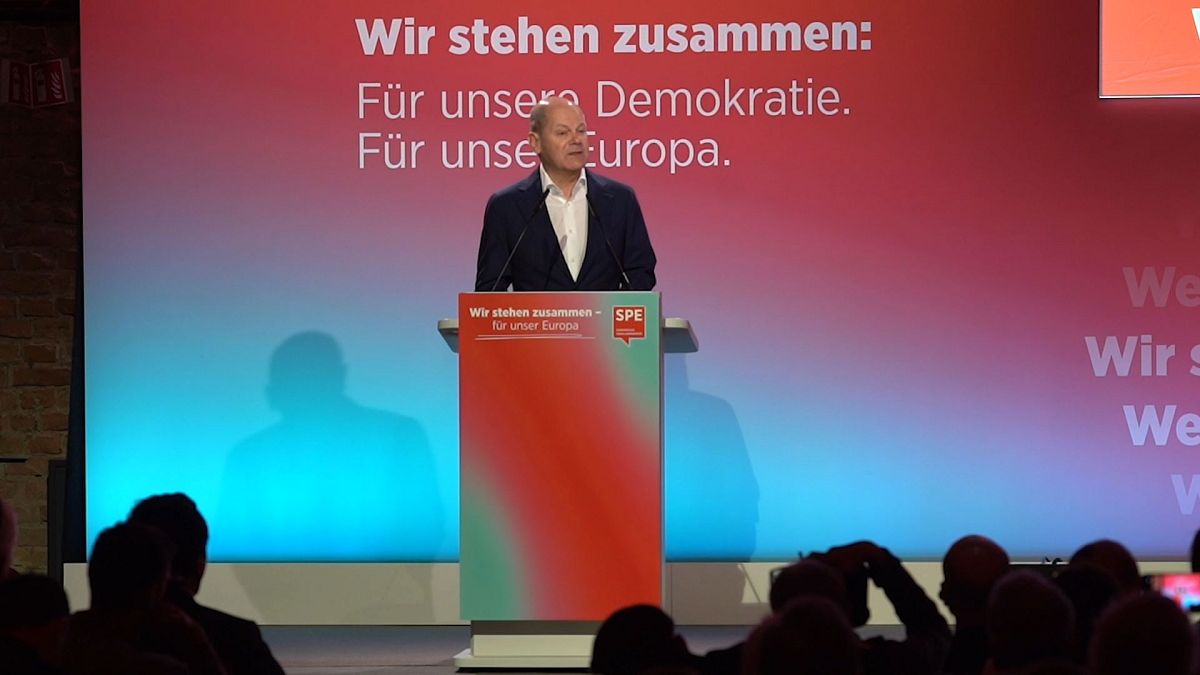World
MEPs push to bring chatbots in line with EU’s fundamental rights
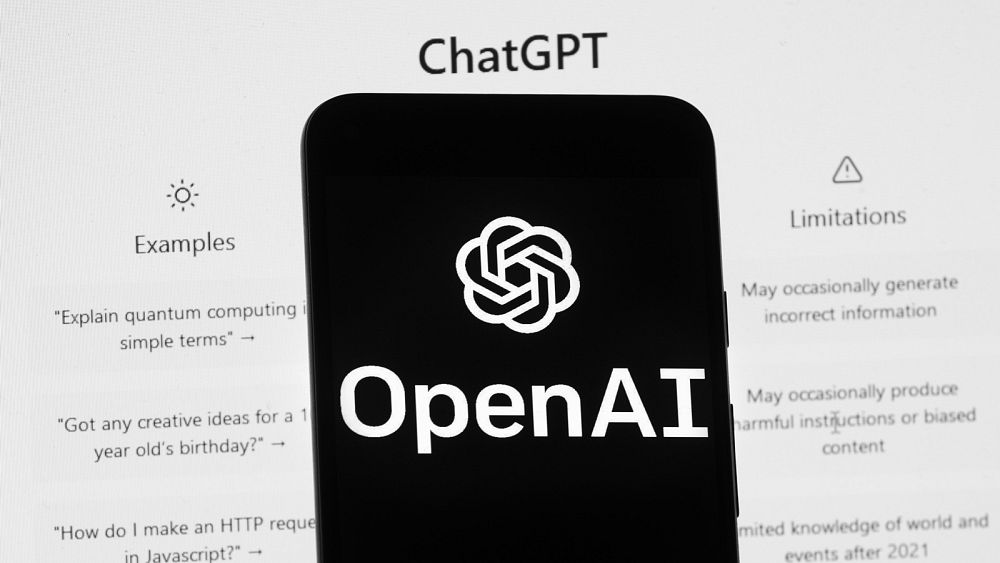
MEPs want chatbots to include safeguards that will prevent them from generating content that is illegal under EU law.
Members of the European Parliament overwhelmingly voted on Thursday morning to advance a draft regulation to ensure the “ethical development” of Artificial Intelligence (AI), a rapidly evolving technology that has raised concerns about disinformation, privacy, surveillance, discrimination, plagiarism, impersonation and even the future of democracy.
With the new EU-wide rules, lawmakers want to guarantee AI systems are “overseen by people, are safe, transparent, traceable, non-discriminatory and environmentally friendly,” said a press release.
MEPs “also want to have a uniform definition for AI designed to be technology-neutral, so that it can apply to the AI systems of today and tomorrow.”
The vote, which took place in a joint session of the internal market and civil liberties committees, added new provisions to the original text proposed by the European Commission, most notably fresh obligations on so-called generative foundation models, like ChatGPT, the chatbot developed by OpenAI that has revolutionised the tech industry since its launch in late November.
Foundation models are those trained with vast troves of data, such as text, images, music, speech and code, with the goal of fulfilling a wide and ever-changing set of tasks, rather than having a specific, unmodifiable purpose. Chatbots like OpenAI’s GPT and Google’s BERT are some of the early examples of this technology, which is expected to further evolve in the coming years.
While investors have jumped fast on chatbots, critics have decried their unchecked development, raising the alarm about bias, hate speech, fake news, state propaganda, IP violations, labour redundancies, cyberattacks and the increasingly blurred line between human and artificial.
Mindful of the growing concerns, lawmakers have added amendments to ensure chatbots are transparent, do not produce content that is illegal under EU law, comply with copyright rules and respect fundamental rights like freedom of expression.
“Generative foundation models should ensure transparency about the fact the content is generated by an AI system, not by humans,” the new text reads.
MEPs also pushed to broaden the list of “intrusive and discriminatory” AI applications that should be strictly banned across EU territory. The expanded list covers real-time biometric identification in public spaces, predictive policing systems, and emotion recognition in law enforcement and workplaces.
AI systems that have the power to influence voters in political campaigns will not be prohibited but will be considered high-risk and therefore subject to closer scrutiny, lawmakers said.
Thursday’s mandate was approved with 84 votes in favour, seven against and 12 abstentions. More than 3,000 amendments were tabled before the session, reflecting the remarkable interest in the technology.
The vote, however, is far from final: MEPs still need to approve their negotiating mandate in a plenary session, which will then be used for discussions with member states. These talks, known in Brussels parlay as “trilogues,” are expected to be intense and protected, given the stakes and expectations.
This process will result in a compromise text, which will then be voted on again by the co-legislators before entering into force.
The Artificial Intelligence Act was first proposed by the Commission in April 2021, well before the market explosion of chatbots. The act imposes obligations and restrictions on AI companies according to the risk their products present to society: minimal risk, limited risk, high-risk and unacceptable.
High-risk systems will have to undergo a conformity assessment, be registered in an EU database and bear the CE marking before being put on the market. This will restart with each update.
Chatbots will not be considered high-risk, lawmakers said, despite the beefed-up provisions.
Under the amended text, companies that break the rules could face fines of up to €40 million or 7% of their worldwide annual turnover, whichever is steeper.
The EU regulation’s human-centric and all-encompassing approach is considered a pioneering step in the global effort to rein in the excesses of AI, which many see as the most disruptive technology since the advent of the World Wide Web (WWW).
This story has been updated to include more details about the vote.

World
Trump, RNC Raise Over $76 Million in April, Half From Small Donors
World
North Korea propaganda song praising Kim Jong Un goes viral on TikTok

A song that praises North Korean dictator Kim Jong Un has gone viral on TikTok.
“Let’s sing Kim Jong Un, the great leader,” the song called “Friendly Father” says, according to BBC News. “Let’s brag about Kim Jong Un, our friendly father.”
“Is this a single or where can I get the whole album,” one TikToker joked. Another said, “It’s so dystopian in the catchiest way.”
“I don’t really like Kim Jong Un but he was really cooking on this song,” another said.
KIM JONG-UN PROMISES ‘DEATH BLOW’ TO POTENTIAL ENEMIES, IGNORES BIDEN’S REQUEST FOR COOPERATION
North Korea’s new song about Kim Jong Un, “Friendly Father,” has gone viral on TikTok. (API/Gamma-Rapho via Getty Images)
South Korean pop, or K-pop, and Western music are banned inside North Korea, and some defectors have cited illegally listening to outside music as a factor in their decision to defect.
“When you listen to North Korean music, you have no emotions,” North Korean defector Ryu Hee-Jin told The Washington Post in 2019. “But when you listen to American or South Korean music, it literally gives you the chills. The lyrics are so fresh, so relatable. When kids listen to this music, their facial expressions just change.”
NORTH KOREA’S KIM PUTS WEST ON NOTICE BY OPERATING ‘WORLD’S MOST POWERFUL’ TANK DURING LIVE FIRE EXERCISES
Of “Friendly Father,” Peter Moody, a North Korea expert at Korea University, told BBC News, “The song has Abba written all over it. It’s upbeat, it could not be more catchy and a rich set of orchestral-sounding sequences could not be more prominent.”
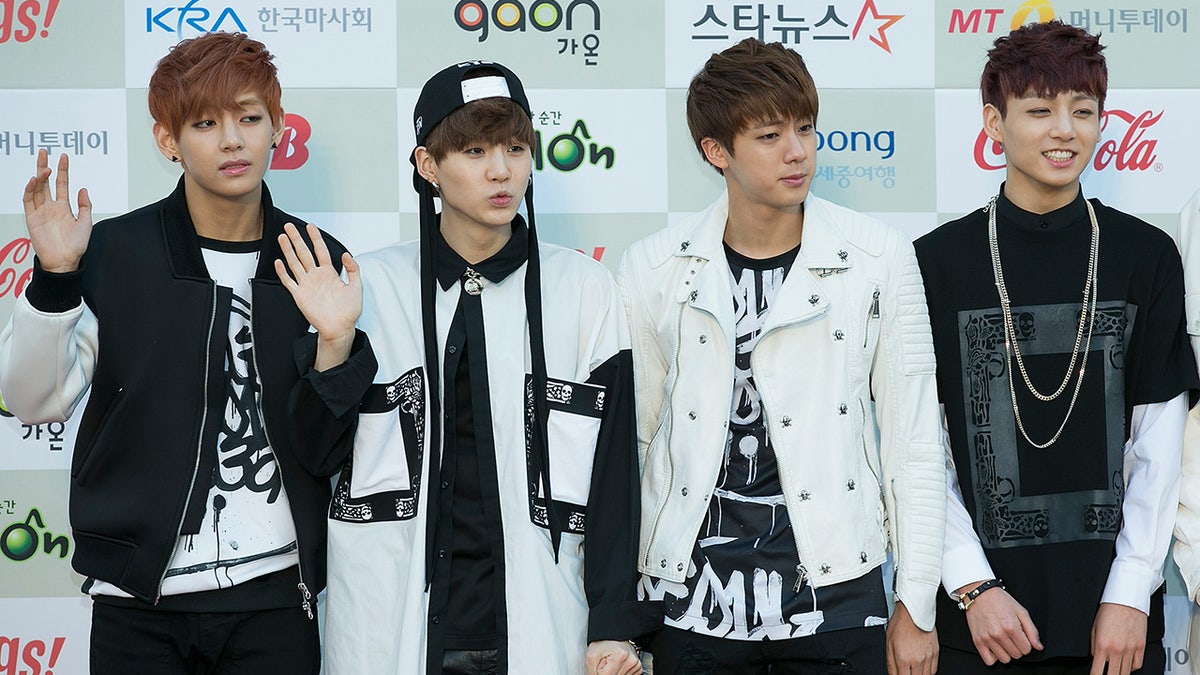
Some North Korean defectors have cited listening to K-pop music like the group BTS as helping them decide to defect. (Han Myung-Gu/WireImage)
Alexandra Leonzini of Cambridge University told the outlet North Korean authorities would have sought to make an “earworm” song with simple lyrics that’s easy to sing.
“All artistic output in North Korea must serve the class education of citizens and more specifically educate them as to why they should feel a sense of gratitude, a sense of loyalty to the party,” she said.

Defectors have said the government plays propaganda songs every morning throughout the country, citizens are taught choreographed dances to the songs and the lyrics are printed in newspapers. (KCNA via REUTERS)
Defectors have said the government plays propaganda songs every morning throughout the country, citizens are taught choreographed dances to the songs and the lyrics are printed in newspapers.
“By the time the song has sort of been taken into the body, it’s become part of the person,” Keith Howard, a professor at the London School of African and Oriental Studies, said. “So, they know the lyrics so well, even if they’re just doing the actions, even if they’re just listening to it. A good ideological song does that. It needs to embed the message.”
World
Spain and Argentina trade jibes in row before visit by President Milei

The spat began when Spain’s transport minister said Argentina’s Javier Milei took drugs during last year’s election.
Spain and Argentina have their diplomatic daggers drawn and have traded jibes over drug use and economic decline.
The spat began on Friday when Spanish Transport Minister Oscar Puente, during a panel discussion in Salamanca, suggested that Argentina’s President Javier Milei had ingested “substances” during last year’s election campaign.
“I saw Milei on television” during the campaign, Puente told a Socialist Party conference.
“I don’t know if it was before or after the consumption … of substances.”
He also listed Milei among some “very bad people” who have reached high office.
Milei’s office responded on Saturday in a statement condemning the remarks and also attacking Spanish Prime Minister Pedro Sanchez.
The statement accused Sanchez of “endangering Spanish women by allowing illegal immigration” and undermining Spain’s integrity by making deals with separatists, while his left-wing policies brought “death and poverty”.
— Oficina del Presidente (@OPRArgentina) May 3, 2024
Spain reacted with fury.
“The Spanish government categorically rejects the unfounded words … which do not reflect the relations between the two countries and their fraternal people,” the Spanish foreign ministry said.
“The government and the Spanish people will continue to maintain and strengthen their fraternal links and their relations of friendship and collaboration with the Argentine people, a desire shared by all of Spanish society,” the statement added.
The spat comes two weeks before a visit to Spain by Argentina’s “anarcho-capitalist” president.
Milei will attend an event of the far-right Vox party and will be avoiding meeting Spain’s socialist head of government, Sanchez.
The two have never had good relations.
Sanchez supported Milei’s rival Sergio Massa in the election that brought Milei to power in December and has also not contacted Milei since the victory.
Milei has meanwhile publicly supported Spain’s far-right anti-immigration Vox party. Vox leader Santiago Abascal also went to Buenos Aires for Milei’s investiture.
-

 News1 week ago
News1 week agoFirst cargo ship passes through new channel since Baltimore bridge collapse
-

 World1 week ago
World1 week agoHaiti Prime Minister Ariel Henry resigns, transitional council takes power
-

 World1 week ago
World1 week agoSpanish PM Pedro Sanchez suspends public duties to 'reflect'
-

 Movie Reviews1 week ago
Movie Reviews1 week agoAbigail Movie Review: When pirouettes turn perilous
-

 World1 week ago
World1 week agoEU Parliament leaders recall term's highs and lows at last sitting
-

 Science1 week ago
Science1 week agoMosquito season is upon us. So why are Southern California officials releasing more of them?
-

 Movie Reviews1 week ago
Movie Reviews1 week agoCity Hunter (2024) – Movie Review | Japanese Netflix genre-mix Heaven of Horror
-

 Politics1 week ago
Politics1 week ago911 call transcript details Democratic Minnesota state senator’s alleged burglary at stepmother's home






